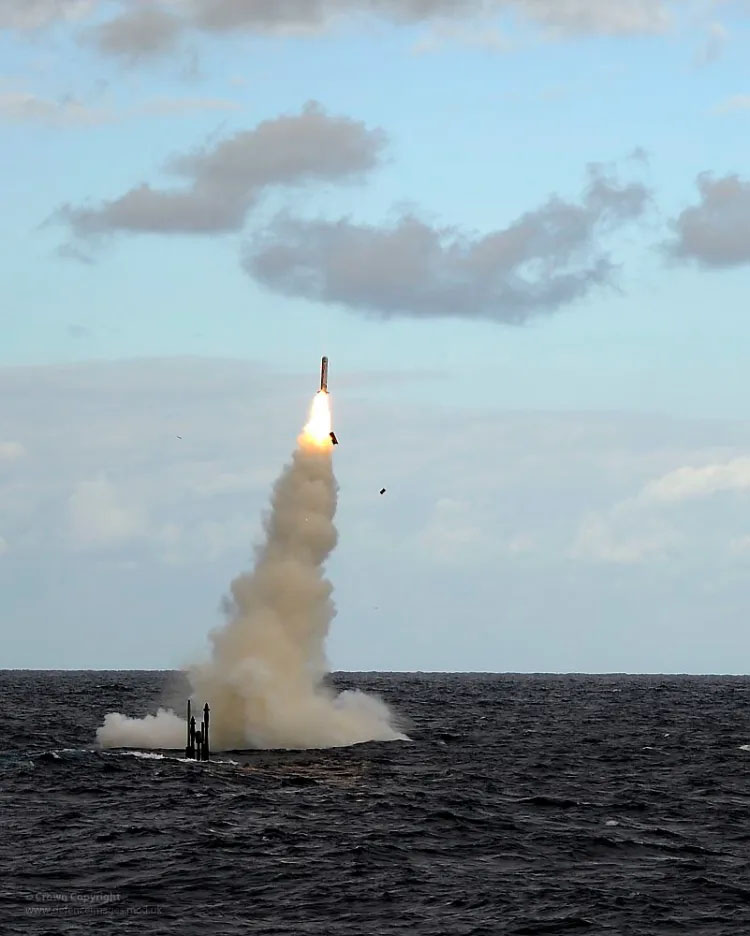After decades of hesitation, Canada is reconsidering its stance on joining U.S. missile defense, with recent discussions in Washington signaling a possible shift in policy. Defense Minister Bill Blair has indicated interest in collaborating on a North American missile shield, informally referred to as an “Iron Dome” for the continent, amid growing security threats from Russia and China.
Renewed Talks Amid Rising Global Threats
At a recent U.S. Senate committee hearing, Sen. Jack Reed said Blair expressed a willingness to overcome policy hurdles that have kept Canada out of U.S. missile defense programs. NORAD Commander Gen. Gregory Guillot confirmed that Canada’s participation could begin with sensor integration and potentially expand to missile interception systems.
“We welcome their participation,” Guillot said, highlighting the benefits of a joint air-defense strategy.
What’s Driving Canada’s Interest?
Several factors are pushing Canada to reevaluate its role in missile defense, including:
- Hypersonic missile threats: Russia and China’s development of advanced missiles capable of evading traditional defenses.
- Arctic security concerns: Increased Russian and Chinese activity near North American airspace.
- Aging defense infrastructure: Canada’s satellite and radar systems are nearing obsolescence, raising concerns about surveillance gaps.
Blair acknowledged that the U.S. wants its missile defense to extend across the Arctic, reinforcing the argument for a fully integrated North American defense network.
Breaking a Long-Standing Policy?
Canada’s non-participation in U.S. missile defense dates back to 2005, when Prime Minister Paul Martin, facing domestic political pressure, declined to join the program. Since then, Canada has remained partially involved through NORAD but has no decision-making power if a missile threat is detected.
Defense analysts argue that Canada’s reluctance has made it an outlier among U.S. allies, as most NATO and Indo-Pacific nations have joined missile defense programs.
“Canada was the only one that said no,” said Rob Huebert, an Arctic security expert at the University of Calgary.
Could Political Tensions with the U.S. Derail the Plan?
Despite growing security concerns, Trump’s recent tariffs, annexation rhetoric, and economic pressure on Canada could complicate any military agreement. Anti-American sentiment is rising, with Canadians booing the U.S. anthem at hockey games and boycotting American products.
Some experts fear a political backlash in Ottawa, where missile defense could become a divisive election issue.
“Trump’s actions are paradoxically hurting North American security,” Huebert said. “The weaker we become economically, the harder it is to strengthen our defense.”
Next Steps: Will Canada Commit?
With U.S. military planners accelerating missile defense plans, Canada must decide soon whether to formally join the program or remain on the sidelines. Analysts warn that continued hesitation could leave Canada out of key defense decisions, giving the U.S. full control over responses to missile threats.
“Right now, the Americans make unilateral decisions that affect our security,” said James Fergusson of the University of Manitoba. “If we don’t act, we’ll be left in the dark.”
As Canada navigates a complex political and security landscape, the question remains: Is Ottawa finally ready to commit to missile defense?

